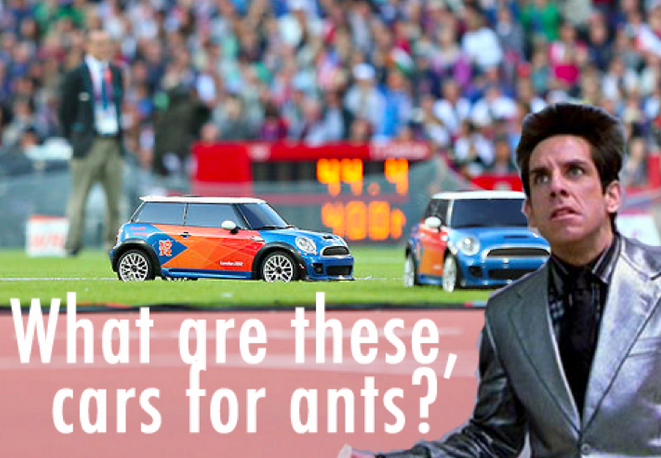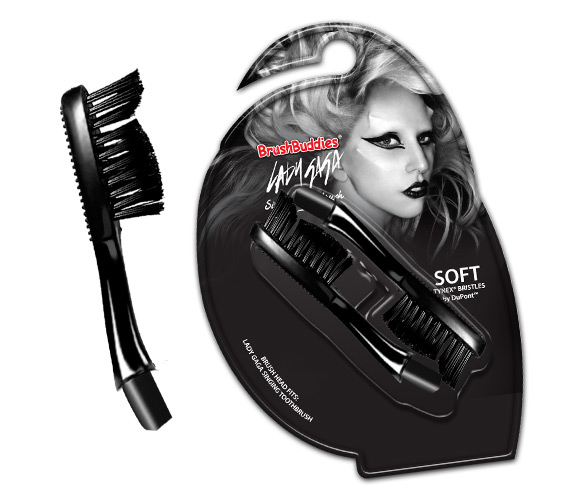We continue with our review of the SOTX Expo, beginning with a conversation on the live sector, and then shifting on to some tech-heavy talks.
Brands and Sponsors at Large-Scale Music Festivals Panel
Participants:
Ivan Milivojev, Founder/ Program Director/Board Member of Exit Festival
Alberto Guijarro Rey,Founder/Co-director of Primavera Sound Festival
Zhang Fan,President of Beijing MiDi School of Music, Founder of MiDi Festival
Li Dai,Founder and CEO of Zebra Media
Guillaume Crisafulli,International Sales Manager (Asia) of MIDEM
Host: Jeroen Groenewegen
This panel brought to light the challenge of balancing content offerings and brand relations. Consideration was also given to how the challenge is increased when attempting to expand festival brands to other locations and territories. This is something we see in China a lot as the major festivals annually expand their reach.
As festivals grow, it becomes necessary to think about how the experience that’s associated with the festival (beyond just the line-up) can be migrated to alternative audiences. As Guijarro Rey (Founder, Primavera Sound) says, in the case of Primavera Sound Festival fans in Portugal noted that there was a massive disparity in the two offerings to the point that they felt Barcelona was the ‘real’ festival (with Portugal as a poor relation satellite). The festival continues to look for ways to provide the same ‘Barca experience’ at the scaled-down Oporta edition of the fest. Multi-city festivals including MIDI, GreenFest and Strawberry fest must contend with the same challenge, given that there are few who would travel across the country to catch a show (at this point at least).
Zhang Fan (Founder, MIDI Festival) echoed that the future growth of China’s festivals will often involve developing multiple events in different provinces. The role of brand sponsorships within this process is often crucial, as brands themselves can often add value through their own networks. Having said this, Zhang was adamant that brands find compelling ways to customize their on-site sponsorships to a festival’s own brand and image. Zhang has taken this to an extreme, literally guiding design in some cases (of course you need a bit of klout).

One of our favourite points was from Guillaume Crisafulli (International Sales Manager, MIDEM) who stated that it was vital that the music needed to be seen as more than just a commodity for communication. This pretty much summed up the sentiment from all the festival organizers. Brands are important but they don’t sit at the center of the universe.
The Future Of A Musician – Chen Ge (Founder, CEO of Starwish Technology)
Chen Ge came across as China’s equivalent of media futurist Gerd Leonhard. Disintermediation was the buzzword of the day, translated as the conversion of previously high-cost, inefficient routes to market into lean direct-to-fan initiatives. Tech is an enabler of this process.
He proposed three ‘paradigm shifts’, which we’re all pretty familiar with by now:
1 – Everything is now centred around the artist: the artist brand, products and services. The artist is the boss.
2 – Disintermediation – removal of the middle guy, increased artist control over all elements of their career.
3 – The ‘economy of fans’ which is basically a re-hash of Kevin Kelly’s “1000 True Fans” model.

Chen Ge’s points are fair enough, BUT, his case studies included Lady Gaga and Beyoncé. While the theory stacks up, its applicability to all but the behemoths of the music industry is debatable, with the economic benefits of these new paradigms being concentrated at the top tier. This has all been said before.
Chen talked about leaving the ‘atomic world’ and joining the cyberworld. Looking at the off / online spaces as separate realms is arguably archaic; something we did back in the early 00’s. What we’re finding is the increased entanglement of the off and online spaces, so lets not lose our heads in the cyber clouds. Overall; good theories, food for thought, but perhaps a lack of practical application here.
The Future Of Digital Music – Oscar Du (Deputy Business Director of QQmusic Digital Music Dept)
Imagine if every time you walked into your apartment, your abode jumped to life, scanning your biometric data to deliver the perfect track to suit your mood. And imagine how annoying that could potentially be. You’re inviting the subject of your infatuation over and BOOM your apartment gives it away… Spandau Ballet, out of nowhere. The record’s not even in your library! (Or it’s heavily encrypted so nobody knows, with a pseudo title and falsified artwork featuring a contemplative sea-bound mammal). The guys at QQ seemingly don’t consider whether people want or need this fancy functionality. But that’s not for us to say.
Back on track – Oscar Du gave a rundown of some impressive QQ stats, and gave a salesey overview of how QQ music has developed over the company’s 9-year history (FLAC downloads BRO). QPlay updates were the latest hype. They’re going for a ubiquitous-access model: open, multi-platform and inherently social. There’s something to be said for China’s leaning toward open-access models, contrasting the practice in the West of developing walled-gardens that leave insiders feeling warm and fuzzy, and outsiders cold and frustrated (Apple’s grand work – remember their failed social network Ping? Didn’t think so).
Whilst early adopters dive head-first into a QQ hypereality that sees their toilets automatically sync playlists to their bowl movements, others might become disenfranchised, remaining content with their collection of 5 kuai imported singles. We’ll leave you to pick sides.
